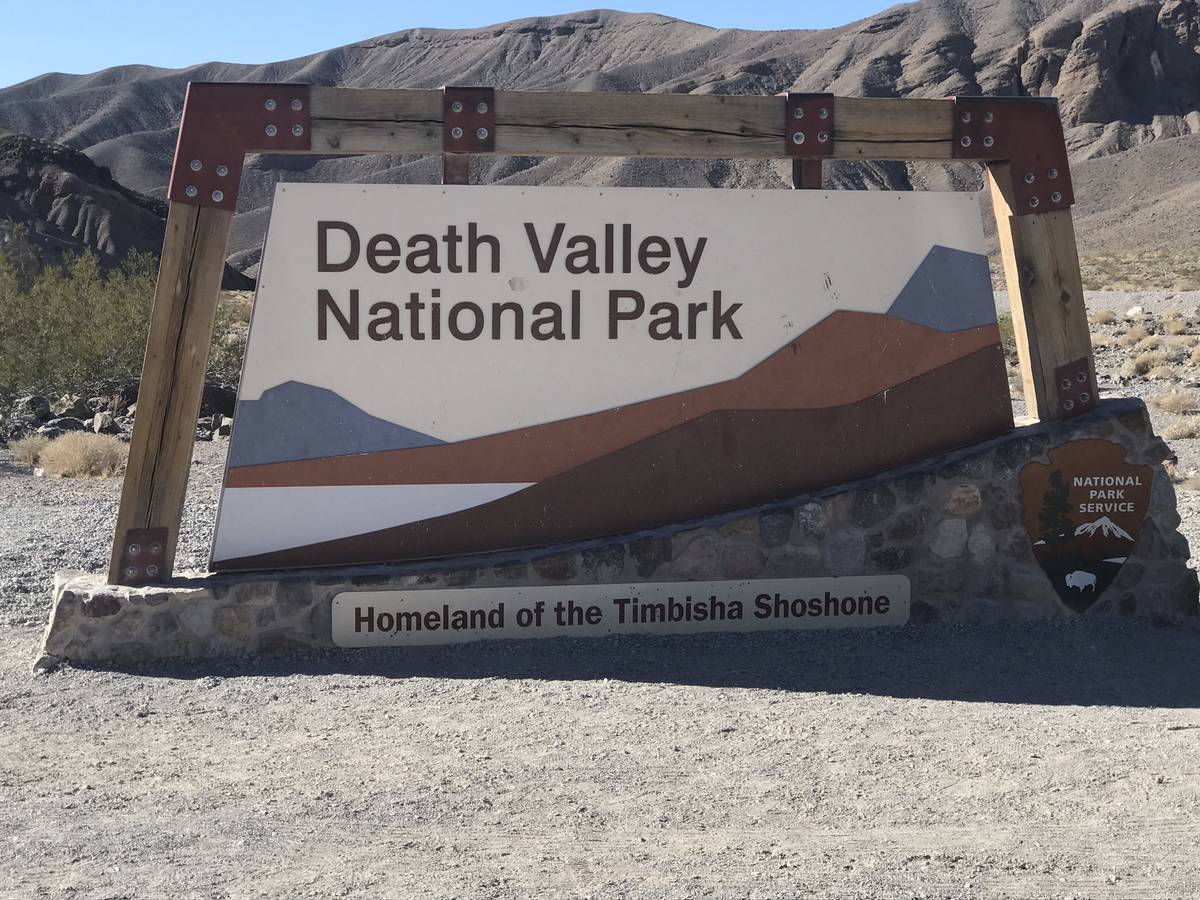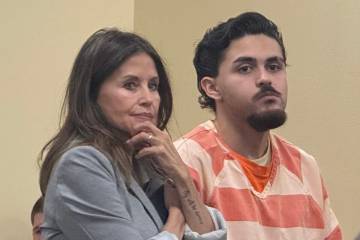Death Valley reopens some roads, trails, campgrounds
Following guidance from the White House, the Centers for Disease Control and Prevention and state and local public health authorities, Death Valley National Park is increasing recreational access according to the park’s phased reopening plan.
The National Park Service is working servicewide with federal, state, and local public health authorities to closely monitor the COVID-19 pandemic and using a phased approach to increase access on a park-by-park basis.
Beginning Friday, June 26, Death Valley National Park reopened roads, trailheads, restrooms and overlooks, including the Badwater Road, Dante’s View, Artists Drive, Golden Canyon and Ubehebe Crater. Backcountry roads also will reopen, including roads to Saline Valley, the Racetrack and Titus Canyon. Devils Hole, a detached unit of the park located in Ash Meadows National Wildlife Refuge, also will reopen. For a full list of areas that will be reopened to recreational access, please visit www.nps.gov/deva.
Camping options also have reopened as of June 26, including Furnace Creek Campground (group and tent sites will remain closed), Thorndike, Mahogany Flats, Wildrose, Emigrant, Homestake Dry Camp, Eureka and Saline Valley campgrounds.
The park has resumed collecting entrance and camping fees. Visitors can pay entrance fees using automated fee machines throughout the park and soon through the digital pass program on Recreation.gov. Visitors with a valid National Parks and Federal Recreational Lands Pass or Death Valley National Park Annual Pass do not need to pay an additional entrance fee. Camping fees for the Furnace Creek Campground may be paid at an automated fee machine within the campground.
Furnace Creek Visitor Center, Stovepipe Wells Ranger Station and all warm springs remain closed.
Scotty’s Castle Road remains closed into Grapevine Canyon because of flood damage in October 2015. There is no access to Scotty’s Castle or state Route 267.
“While enjoying Death Valley National Park, remember to recreate responsibly by maintaining social distance and avoiding high-risk activities,” Superintendent Mike Reynolds said. “It’s summer in Death Valley, so avoid hiking at lower elevations after 10 a.m. and carry plenty of water. Using extra caution during your visit reduces the strain on local medical resources.”
A return to full operations will continue to be phased and services might be limited. The public should follow Inyo County health orders, practice Leave No Trace principles, avoid crowding and avoid high-risk outdoor activities.
The CDC has offered guidance to help people recreating in parks and open spaces prevent the spread of infectious diseases. We will continue to monitor all park functions to ensure that visitors adhere to CDC guidance for mitigating risks associated with the transmission of COVID-19 and take any additional steps necessary to protect public health.
















